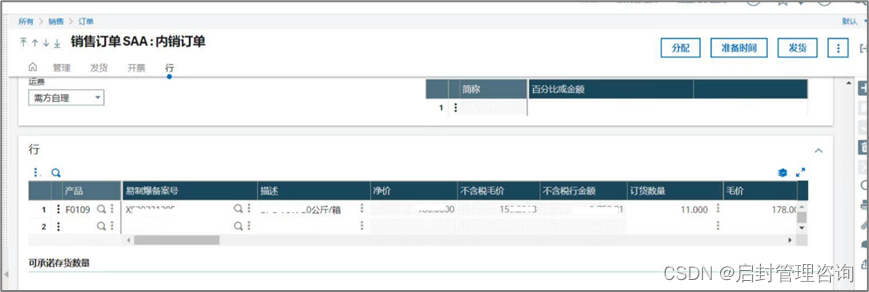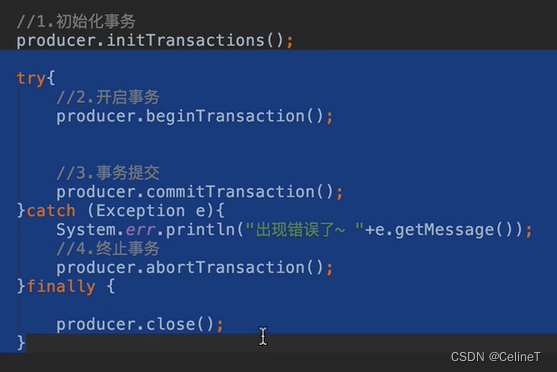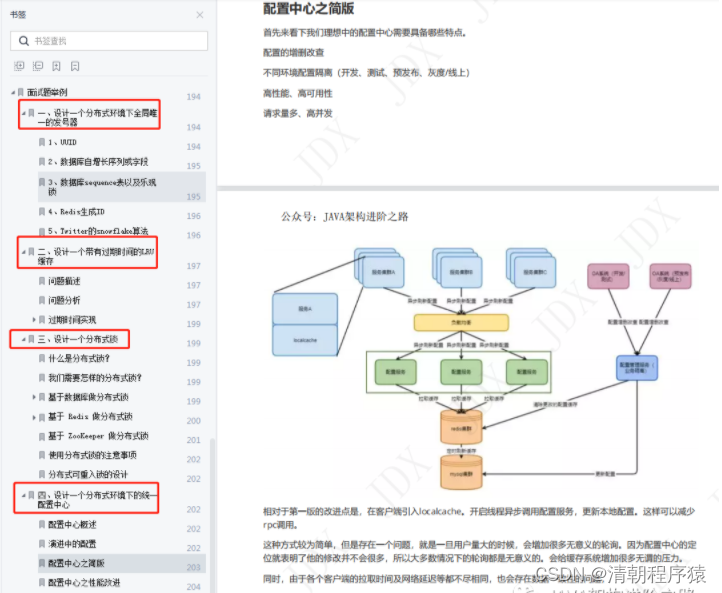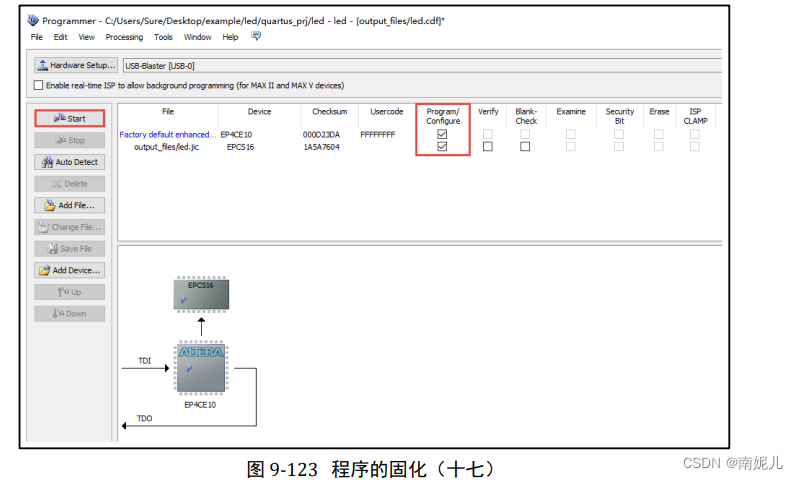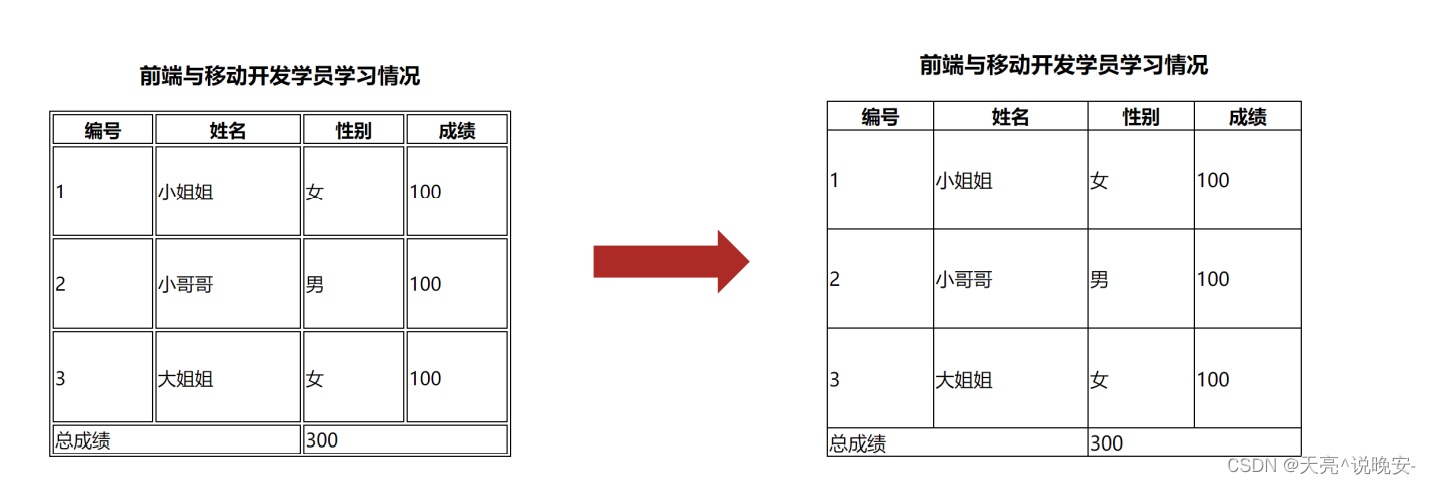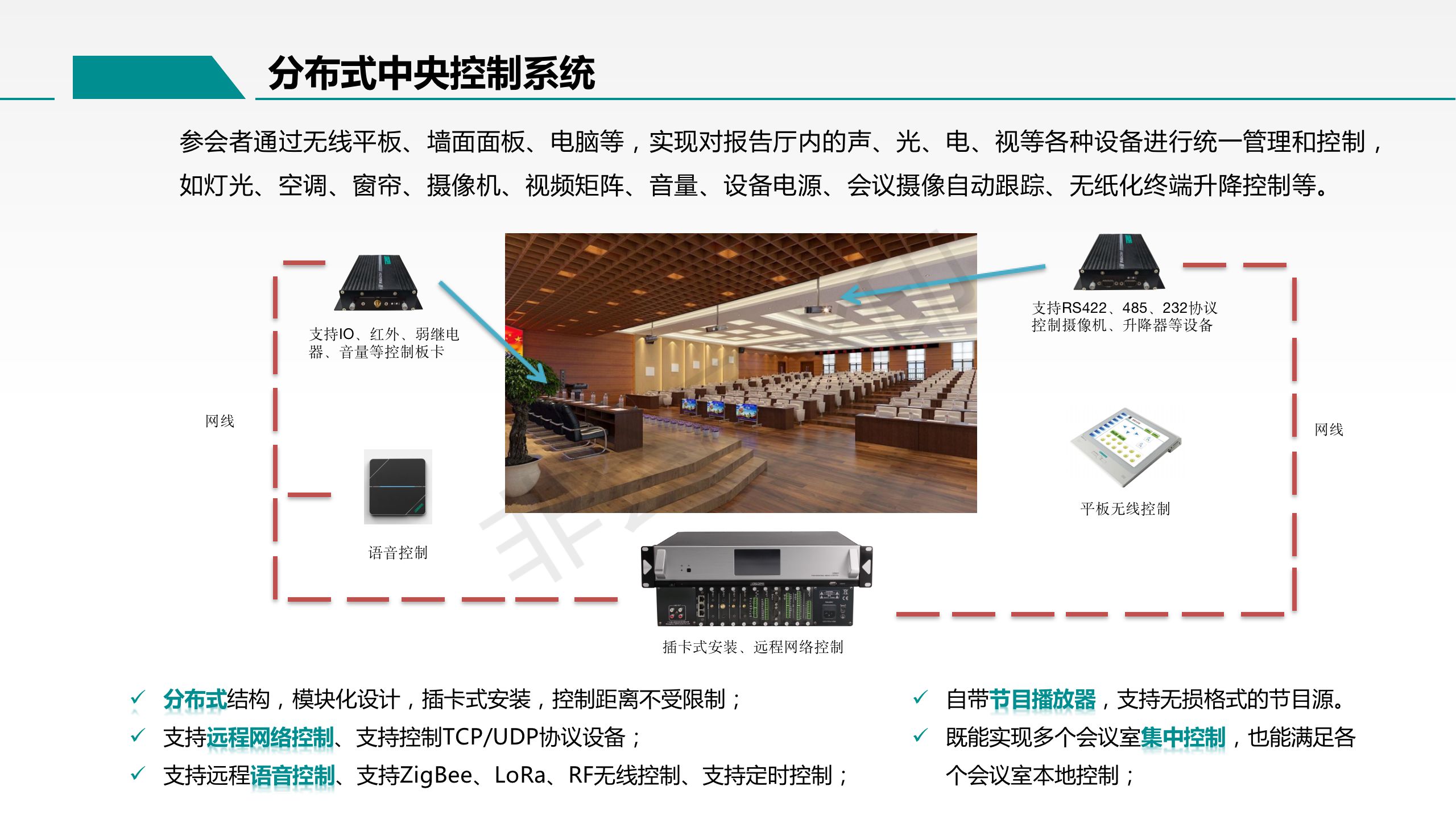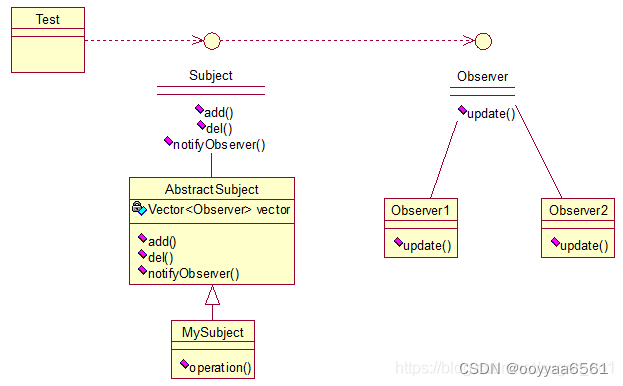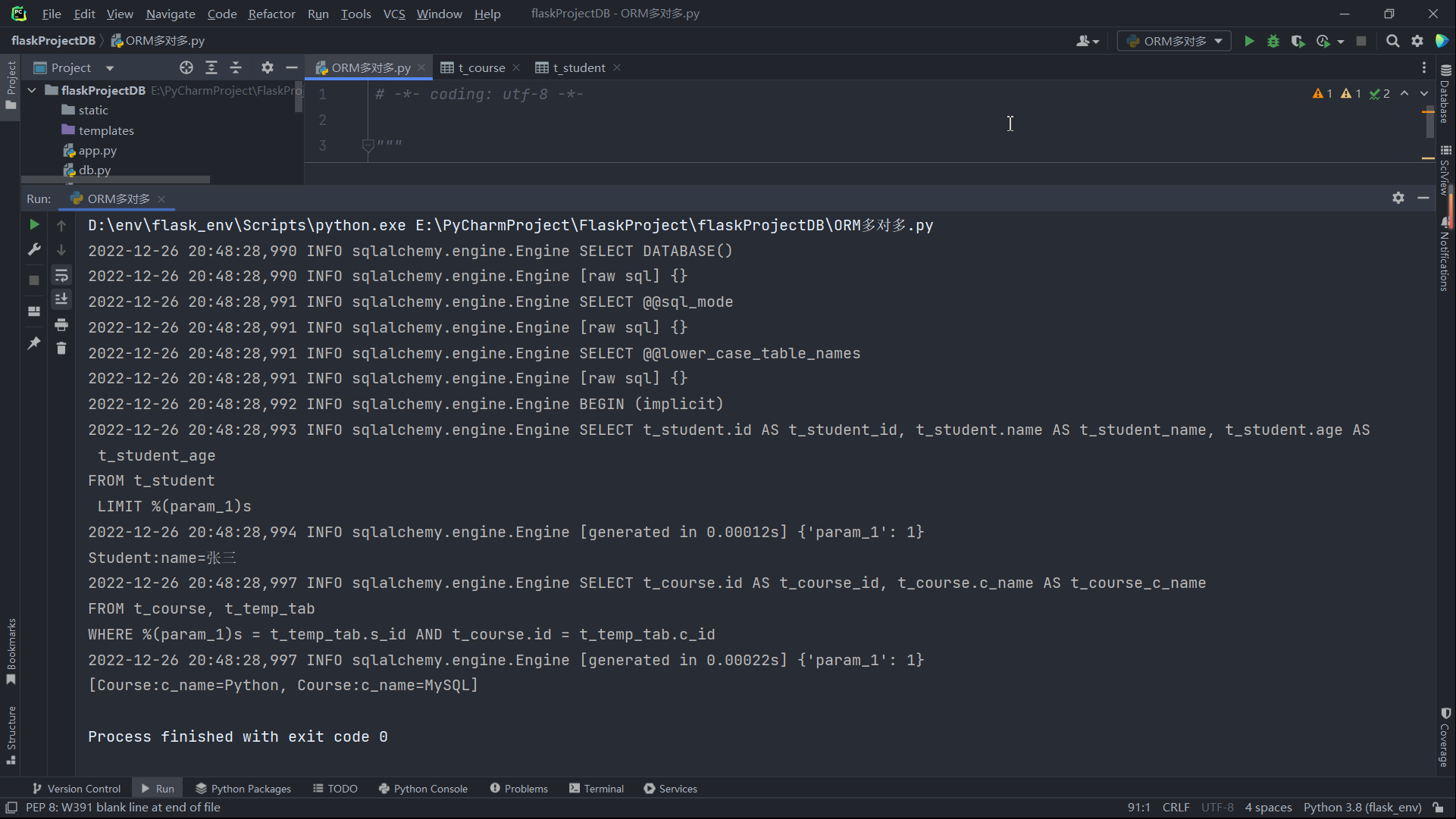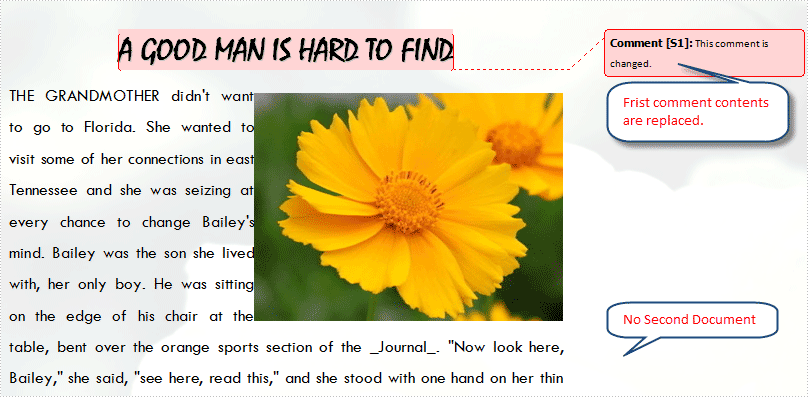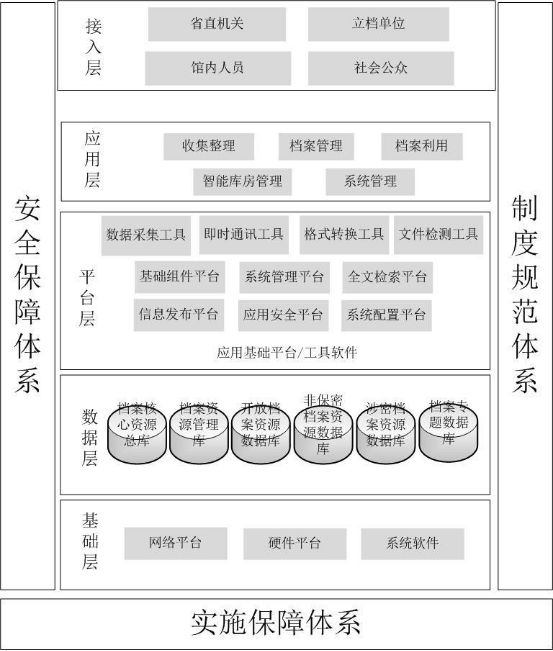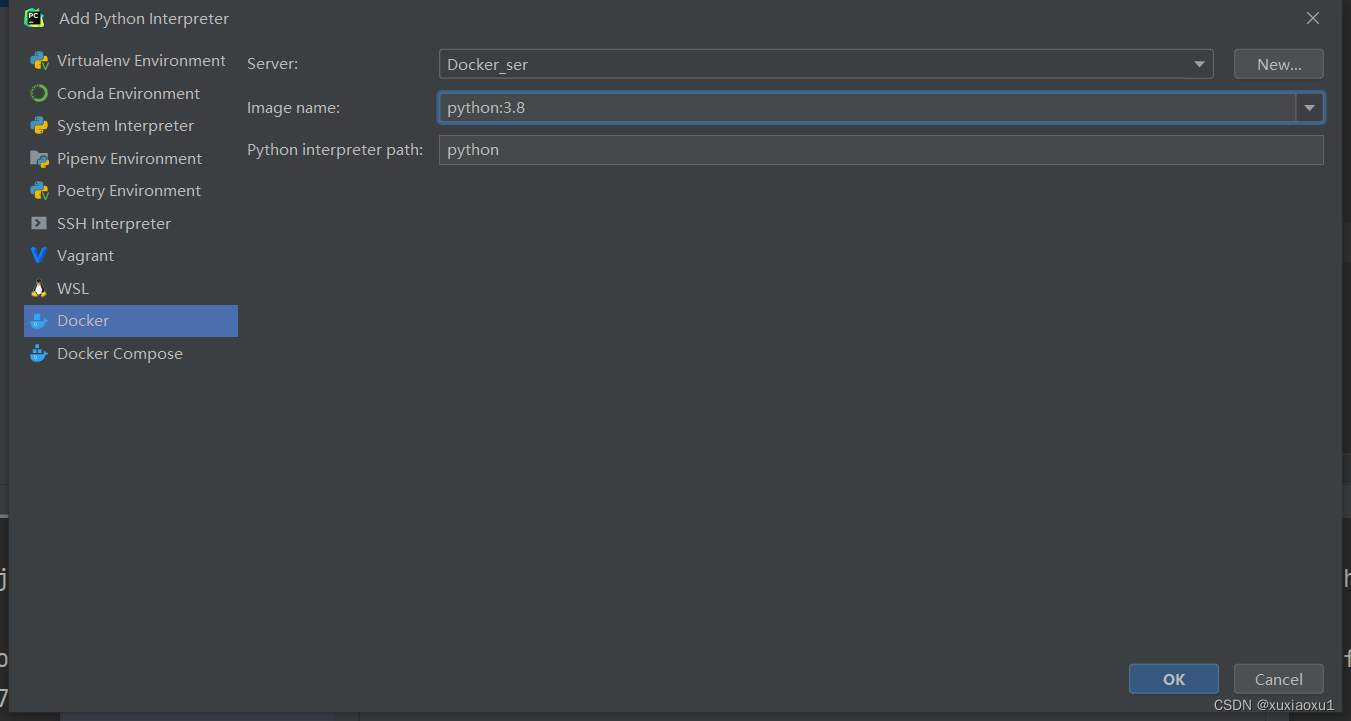
今日短文
How to Become an Expert 想成为行业的专家?不是只花时间就够了
The drive to become expert – to become as good as we can be, at whatever we’ve chosen to do – is something we all share.It is not about external markers of success.It’s an internal, ontological process; a shift in the nature of who you are, not just what you can do.
The idea that you need to spend a very long time working at anything before you become an expert makes obvious sense.But people sometimes assume a corollary – that anyone can become an expert simply by spending that amount of time.
Ten thousand hours may be a necessary condition for becoming an expert, but hours alone are not sufficient.Lots of people spend all that time but don’t become experts.You have to commit to continually improve.
The framework I’ve proposed for becoming an expert is based on the medieval guild system in Europe – Apprentice, Journeyman, Master.
The Apprentice stage
When you’re at the Apprentice stage, at first you’re working under supervision, learning to do things as they are already done, and directed by people more experienced than you.You probably don’t understand why you need to do this work at all.
But this overlooks the value for you of spending time with the materials, tools and other people your activity entails.It’s only through this prolonged immersion that you become familiar with the ‘stuff’ your work depends on, whether that’s inanimate objects or living human beings.You need to experience this variety.For that, there’s no shortcut.
The Journeyman stage
By now, you’ve become independent.This may seem like a straightforward transition from the Apprentice stage, but it isn’t as simple as it sounds.It’s easy to focus on yourself and how pleased you are to be going out into the world on your own.
However, all those months and years of practice and training only make sense when your work is ‘for’ someone or something beyond yourself.That might be your patients, customers, audience, clients, fellow performers – whatever makes sense in your line of work.
The Master stage
It takes a long time to get there, it’s difficult to know when you’ve arrived, and it’s a stage you never reach the end of.Maybe you’re a long way down your path already.By this time, you’ll have developed something even more important than knowledge and skill – wisdom.The more experience they have, the further they realize they still have to go.
Reaching this point doesn’t mean putting your feet up and coasting along in neutral.You continue to deepen your understanding.Now you’re not only adept in the components of your work, but you can see other people’s trajectories and support them in the choices they make.It’s a time when you can make a big difference to others.
How to become an expert
Understand the nature of expertise.It’s our shared drive to become as good as we can, at whatever we’ve chosen to do.
Prepare yourself for the long haul and more.You’ve probably heard of the 10,000 hour rule.It’s true that becoming an expert takes a very long time – but time is not enough, you must also commit to improve.
Identify where you are on the journey.Becoming an expert can’t be measured in terms of time alone.It’s more about the kind of responsibility you’re taking as you progress from Apprentice to Journeyman to Master.
Consider widening your focus.To reach the Master stage, you have to stick with it, but there’s no shame in changing tack if you realize the path you chose is not for you.Some experts switched paths early in their journey; others, much further along and then started again.
Use errors as a learning opportunity.When you make a mistake, which you will, you might feel devastated – but, with the right support, you can turn it into a positive experience.
Be patient, seek out the nutrients and avoid the toxins.Nutrients include supportive environments, and toxins include personal and societal pressures to do things too quickly.
今日单词
auditorium
n.礼堂;观众席
by-product
n.副产品;附带的后果
tame
adj.驯服的;沉闷的,乏味的
brighten
v.(使)更明亮;(使)快活起来;(使)有希望
millennium
n.一千年, 千周年纪念日, 千禧年(复数millennia)
pipe
n.管子,管道;烟斗,烟袋;管乐器
nomadic
adj.游牧的;流浪的
discern
v.看出, 觉察出; 了解; 识别, 发现(某物); 辨明, 分清
devise
vt.设计; 发明; 策划; 想出; [律]遗赠; <古>图谋
entrepreneur
n.企业家;承包人
cradle
n.摇篮;发源地,发祥地;托架,吊篮
replica
n.复制品
quotient
n.商;份额
momentum
n.动量;动力,冲力;势头
scorch
v.烫坏;烤焦;(使)枯黄,枯萎
bluster
v.咆哮,叫嚷;(风)猛刮
connote
v.意味着;暗示
spike
n.钉子; 尖状物; 穗; 穗状花序; 猛增
upsurge
n.(情绪)高涨;激增
meditate
v.冥想,沉思;暗自策划;考虑,谋划


